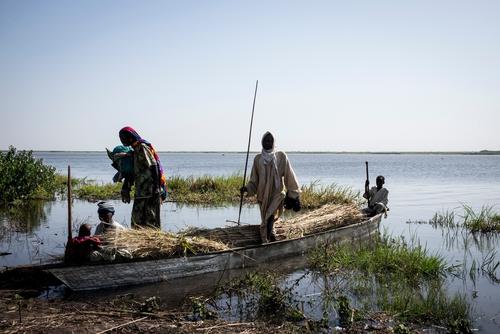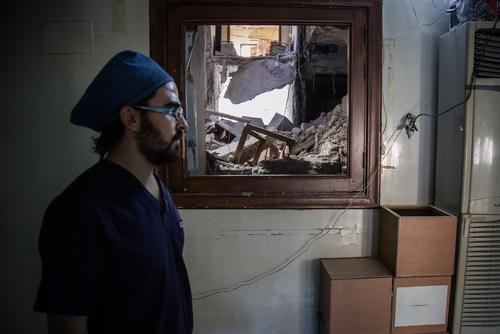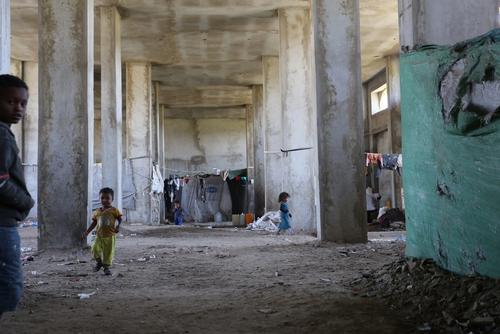In April 2016, MSF put out an urgent call: “We need more support,” said ChibuzovOkonta, emergency project manager in northern Nigeria. “We have repeatedly called on other humanitarian and aid organisations to assist displaced people in Borno state, but the appeal has gone unanswered.”
The crisis – caused by Boko Haram violence and a strong-armed military response – has spread across borders to Cameroon, Chad and Niger, displacing more than 2.7 million people and bringing the region close to breaking point. The crisis should be at the very top of the humanitarian agenda, yet it has gone virtually ignored. With few humanitarian actors in the region, the response is woefully inadequate.
It is the same story for Burundian refugees in Tanzania, for internally displaced people in Myanmar and Iraq, and for people affected by conflict in Central African Republic. A yellow fever outbreak that began in Angola in December 2015 has spread into Democratic Republic of Congo (DRC) and poses a potential threat to other countries in the region, while an unexpected upsurge of malaria in DRC is claiming thousands of lives and further straining the health system there. This follows the poor international response to the cholera outbreak in Haiti and the West Africa Ebola outbreak, both of which had devastating consequences. Quite simply, the humanitarian response to today’s conflicts, displacement crises and epidemics is failing.
Now the humanitarian system is being asked to become part of the UN’s efforts to ‘end need’. It proposes incorporating humanitarian assistance into a broader peace-building, development and resilience agenda. Development and state-building are vital tasks, but not suited to humanitarians, particularly in contexts where power is being fought over. Focusing on the longer-term development challenges will inevitably come at the expense of those people caught up in the most urgent crises.
The UN’s proposal also fails to take into account the already serious shortcomings of the humanitarian system in responding to emergencies. While the humanitarian system has shown itself capable of mounting an effective and timely response to natural disasters, mainly through mobilising local and regional actors, its response to epidemics, refugee crises and in conflict zones are seriously lacking. These are the real challenges, which MSF does not believe the World Humanitarian Summit will be able to address. This underpinned our decision in early May to pull out of the process.
MSF has been significantly engaged in the WHS process over the past 18 months, including attending WHS forums worldwide and preparing briefing notes on various themes – a sign of our willingness to be involved. The aim of this short paper is to share some of our key concerns, while recognising that the summit, by organisational design, will not afford the opportunity to deliver them.






